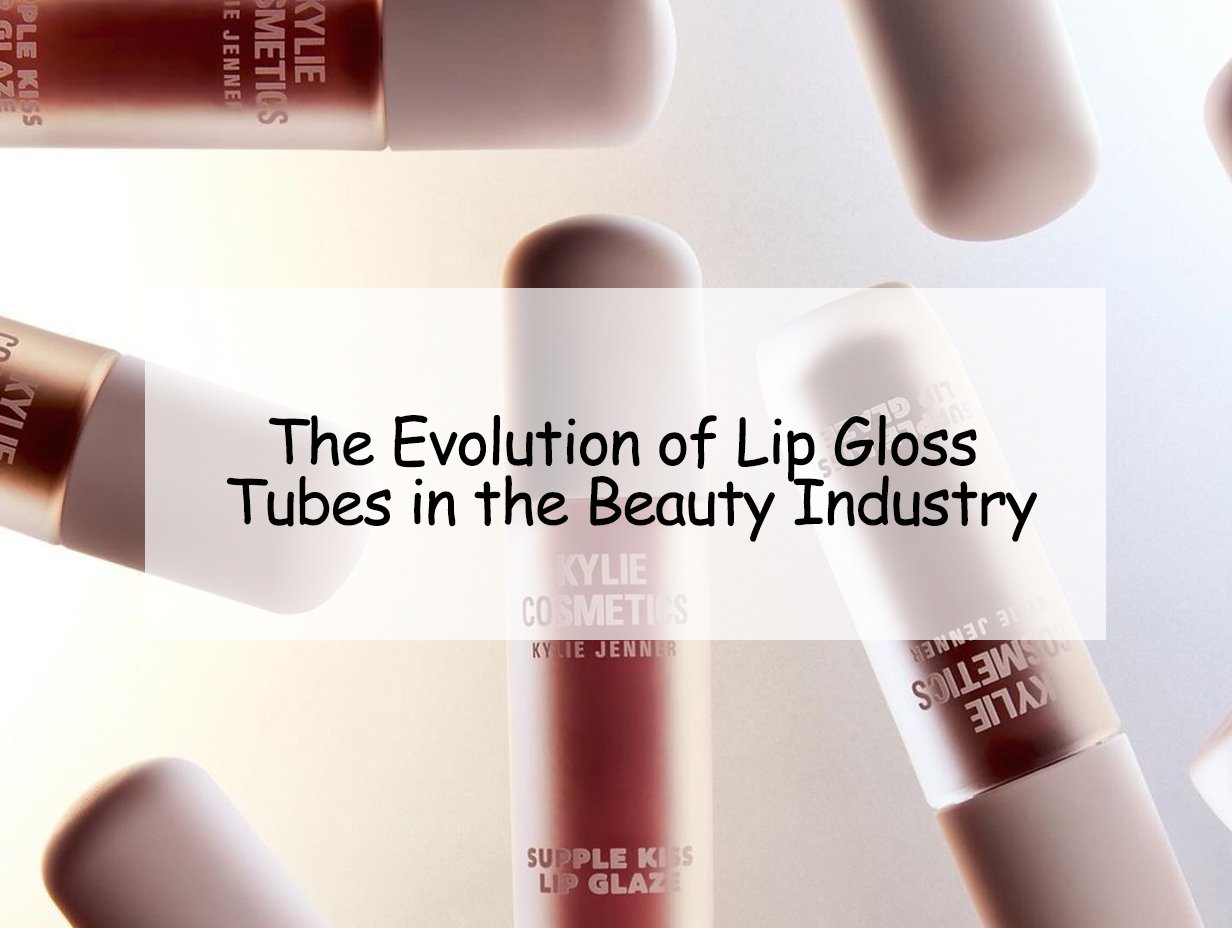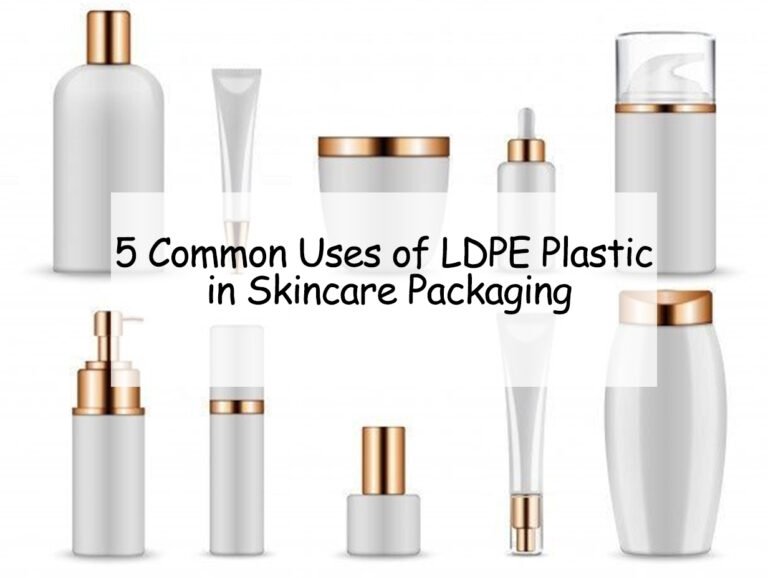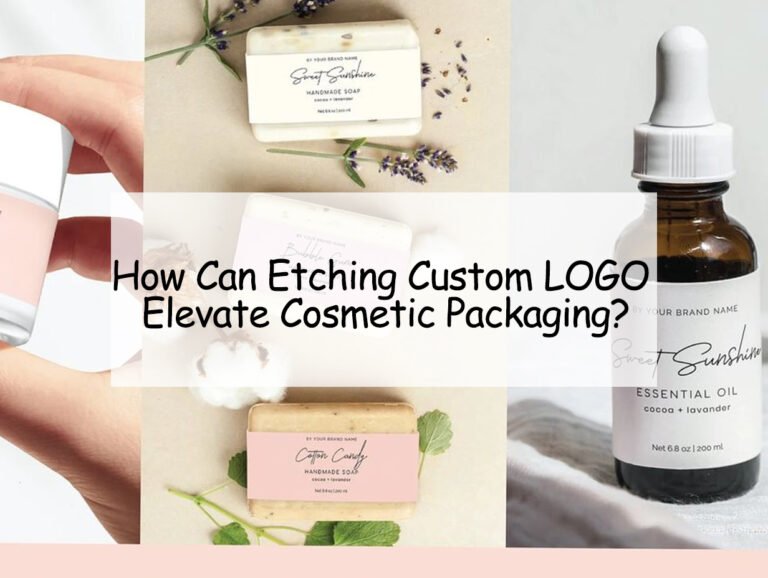Lip gloss has transformed from a simple beauty product to a cultural phenomenon, with its packaging evolving dramatically alongside formulation advancements. The humble lip gloss tube tells a fascinating story of beauty trends and technological progress.
Lip gloss tubes have evolved from basic squeeze tubes in the 1930s to today's sophisticated applicators with doe-foot wands, progressing through generations of materials (glass to plastic), dispensing mechanisms, and aesthetic designs that reflect changing consumer preferences and manufacturing capabilities.
Let's explore this fascinating journey through beauty history.
How Has Lip Gloss Changed Over Time?
The transformation of lip gloss spans nearly a century of innovation.
Lip gloss has changed from sticky, sheer formulas in basic packaging to high-performance products1 with plumping effects, shimmer options, and hygienic applicators. Modern tubes feature precision wands, airless technology, and sustainable materials2—far removed from the messy pots of the early 20th century.
The Generational Shift in Lip Gloss
1930s-1950s:
- Basic petroleum jelly base
- Metal squeeze tubes
- Single sheer shade
- Sticky texture
1960s-1980s:
- Introduction of plastic tubes
- Added shimmer particles
- Rollerball applicators
- Flavored options
1990s-2010s:
- Plumping formulas
- Antibacterial wands
- High-shine finishes
- Customizable colors
2020s-Present:
- Clean beauty formulations
- Refillable systems
- Sustainable materials
- Multifunctional products
What Is the History of Lipgloss?
The origins of lip gloss reveal its surprising practical beginnings.
Lipgloss was invented in 1930 by Max Factor as a solution for actresses needing shiny lips under studio lights. Originally called "X-Rated," it became commercially available in 1932. The 1970s saw Bonne Bell's flavored Lip Smackers revolutionize the market, making gloss a mainstream staple.
Key Milestones in Lip Gloss History
| Year | Innovation | Impact |
|---|---|---|
| 1930 | Max Factor's invention | Created category |
| 1973 | Lip Smackers launch | Made gloss playful |
| 1999 | MAC Lipglass | Professionalized formula |
| 2000 | Lancôme Juicy Tubes | Luxury positioning |
| 2015 | Fenty Gloss Bomb | Inclusive shades |
| 2020 | Refillable systems | Sustainability focus |
Cultural Impact Moments:
- 1970s: Disco glitter craze
- 1990s: "Wet look" trend
- 2000s: Plumping phenomenon
- 2020s: Clean beauty movement
What to Do With Old Lip Gloss Tubes?
Creative recycling solutions address growing sustainability concerns.
Old lip gloss tubes can be recycled through specialty beauty programs (like Terracycle), repurposed as travel containers, or upcycled into craft projects. For hygienic reasons, always clean tubes thoroughly before reuse and remove residual product.
Responsible Disposal Options
Recycling Methods:
- Curbside: Check local guidelines (usually #5 plastic)
- Brand take-back: Many companies offer programs
- Beauty recycling: Specialized collection points
Creative Reuse Ideas:
- Mini paint containers
- Jewelry organizers
- Seed starters
- Travel-sized product holders
Upcycling Challenges:
| Component | Disposal Issue |
|---|---|
| Wands | Mixed materials |
| Springs | Metal contamination |
| Labels | Adhesive residue |
| Caps | Different plastic type |
Why Is Lip Gloss Trending?
Multiple cultural and practical factors drive lip gloss's current popularity.
Lip gloss is trending due to the "clean girl" aesthetic, Y2K nostalgia, and the demand for low-maintenance beauty. Modern formulas offer hydration benefits and subtle color—perfect for mask-friendly makeup3 and natural looks favored by Gen Z consumers.
Market Drivers Analysis
Cultural Factors:
- TikTok beauty trends
- Minimalist makeup movement
- Post-pandemic comfort focus
- Gender-neutral appeal
Product Innovations:
- Non-sticky formulas
- Skincare benefits
- Inclusive shade ranges
- Sustainable packaging
Consumer Preferences:
| Generation | Preference |
|---|---|
| Gen Z | Tinted balms |
| Millennials | Plumping glosses |
| Gen X | Neutral shines |
| Boomers | Moisturizing formulas |
Is Lip Gloss Making a Comeback?
Recent sales data confirms lip gloss's resurgence.
Lip gloss is absolutely making a comeback, with market growth of 8.3% annually—the fastest segment in lip products. The global lip gloss market is projected to reach $3.5 billion by 2027, driven by nostalgia and modern formula improvements.
Comeback Evidence
Market Data:
- 2022: 15% increase in launches
- 2023: 1 in 3 women using daily
- 2024: 40% of teens prefer gloss
Trend Indicators:
- Celebrity gloss lines (Rare, Fenty)
- Viral products (Dior Lip Oil)
- Social media hashtags (#LipGlossEffect)
- Retail expansions (Sephora displays)
Future Projections:
- Hybrid formulas (gloss-stain)
- CBD-infused options
- Temperature-reactive shades
- Augmented reality try-ons
Why Do Girls Wear So Much Lipgloss?
Psychological and practical factors explain lip gloss's enduring appeal.
Girls wear abundant lipgloss because it enhances facial features instantly, provides sensory satisfaction (flavors/textures), and serves as an affordable luxury. The shiny finish creates youthful fullness and draws attention—a universal beauty signal across cultures.
The Psychology Behind Lip Gloss Use
Visual Effects:
- Illusion of fuller lips
- Highlighting cupid's bow
- Reflecting light attractively
- Enhancing natural color
Emotional Benefits:
- Confidence boost
- Sensory pleasure
- Ritualistic comfort
- Self-expression
Social Factors:
- Peer influence
- Celebrity trends
- Social media pressure
- Professional expectations
Conclusion
The lip gloss tube's evolution mirrors broader beauty industry shifts—from functionality to experience, from basic to sustainable.



